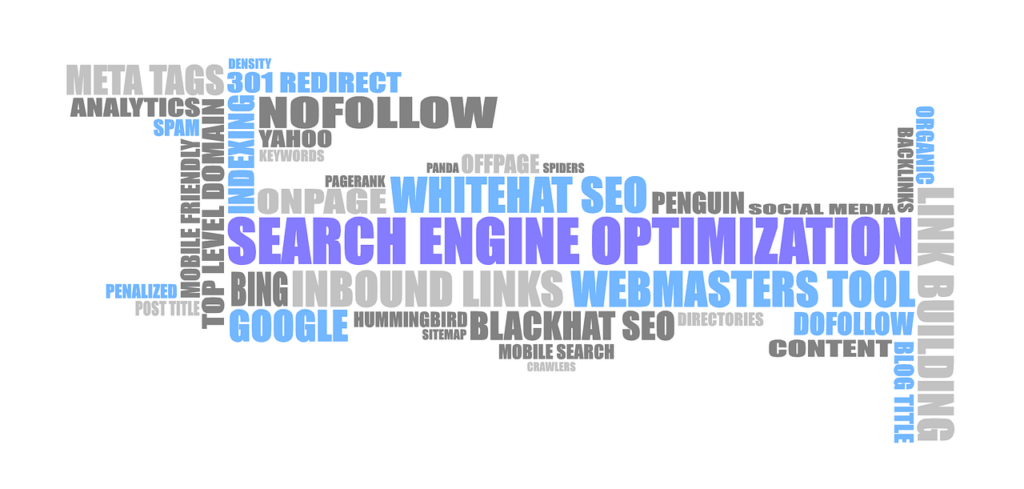
Content marketing is one of the most effective strategies for building brand awareness, driving traffic, and generating leads. However, simply creating content is not enough. To maximize results, you need to optimize your content marketing strategy at every stage of the funnel. In this post, we’ll explore the key tactics for optimizing your content marketing efforts, including strategies, benefits, challenges, and expert insights.
Understanding the Content Marketing Funnel
The content marketing funnel consists of three main stages:
1. Top of the Funnel (TOFU) – Awareness
At this stage, your goal is to attract potential customers by providing valuable and engaging content. Examples include blog posts, social media content, infographics, and videos that educate or entertain.
2. Middle of the Funnel (MOFU) – Consideration
Here, the focus shifts to nurturing leads by offering more in-depth content. Examples include case studies, whitepapers, webinars, and email newsletters.
3. Bottom of the Funnel (BOFU) – Decision
In this stage, your content should persuade leads to take action. This includes product demos, testimonials, pricing guides, and comparison articles.
Optimizing each stage ensures your audience receives the right message at the right time, leading to higher conversions.
Key Content Marketing Strategies for Optimization
1. Define Your Target Audience
Use audience research tools and analytics to create detailed buyer personas. Understand their pain points, interests, and content preferences.
2. Create High-Quality, SEO-Optimized Content
Ensure your content is well-researched, original, and aligned with search intent. Use keyword research tools like Google Keyword Planner and Ahrefs to optimize for search engines.
3. Leverage Multiple Content Formats
Diversify your content by using blog posts, videos, podcasts, infographics, and social media posts to reach a broader audience.
4. Distribute and Promote Your Content
Publishing content is just the beginning. Use social media, email marketing, influencer collaborations, and paid promotions to maximize reach.
5. Measure Performance and Iterate
Track key metrics such as website traffic, engagement rates, conversion rates, and ROI. Use Google Analytics, SEMrush, and HubSpot to analyze data and refine your strategy.
Content Marketing Advantages and Disadvantages
Advantages:
- Increases brand visibility
- Generates organic traffic
- Builds trust and credibility
- Cost-effective compared to paid ads
- Nurtures long-term customer relationships
Disadvantages:
- Requires time and consistency
- Results may take time to materialize
- High competition in saturated markets
- Needs continuous updates and optimization
Content Marketing Benefits
Content marketing offers numerous benefits, including:
- Improved lead generation and conversions
- Higher search engine rankings
- Better audience engagement
- Authority building in your industry
- Stronger brand loyalty
Expert Content Marketing Quotes
Here are some insightful quotes to inspire your content marketing efforts:
“Content marketing is the only marketing left.” – Seth Godin
“Great content is the best sales tool in the world.” – Marcus Sheridan
“Marketing is telling the world you’re a rock star. Content marketing is showing the world you are one.” – Robert Rose
Conclusion
Optimizing your content marketing for maximum results requires a well-planned strategy, continuous measurement, and adaptability. By leveraging high-quality content, SEO, diverse formats, and data-driven insights, you can create a powerful content marketing machine that drives real business results.
Are you ready to take your content marketing to the next level? Start implementing these strategies today and watch your brand grow!
